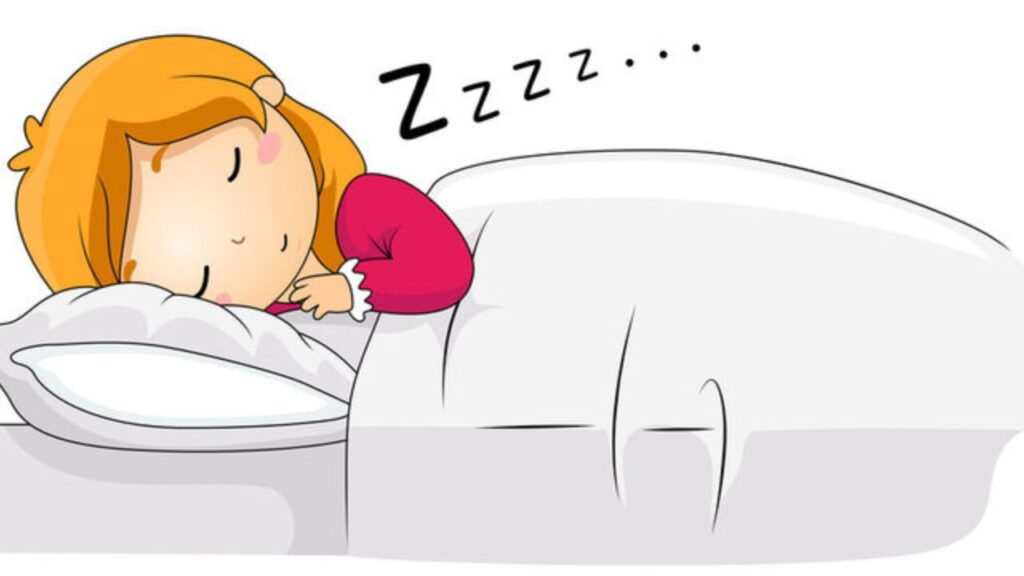Stress is a universal human experience and an inevitable part of life. However, when it becomes frequent and intense, it can take a toll on your mental health, triggering symptoms of anxiety, depression and a host of physical ailments. Hence, learning effective stress management strategies is crucial for maintaining mental health and overall well-being.
Understanding Stress
Stress can be defined as a sense of being under abnormal pressure, resulting from an increased workload, personal conflicts, financial worries, or other life changes. It’s important to recognize that everyone experiences stress differently. For some, stress can be a motivational tool that helps them perform better, while for others, it can lead to serious health problems like heart disease, mental health disorders, and immune system dysfunction.
Stress can manifest itself in various physical and emotional symptoms. Physically, it can cause headaches, muscle tension, sleep problems, and changes in appetite. Emotionally, stress can lead to feelings of constant worry, mood swings, irritability, depression, and anxiety.
Identifying Stress Triggers
One of the first steps in managing stress is to identify its triggers. These might be major life events like relocation, job change, or personal loss, or minor irritations such as feeling underappreciated at work or dealing with family disagreements. Identifying these triggers can help you anticipate periods of stress and prepare for them.
Physical Techniques for Stress Management
1. Regular Exercise

Regular physical activity is a powerful stress reliever. It can boost your mood, improve your sleep, and strengthen your immune system. It doesn’t have to be something intense like running or weight lifting; even daily activities like walking, cycling, or gardening can help reduce stress.
2. Healthy Eating

Maintaining a healthy diet can also play a crucial role in managing stress. Consuming a balanced diet rich in fruits, vegetables, lean proteins, and complex carbohydrates can help regulate your mood and energy levels, making it easier for you to cope with life’s daily challenges.
3. Adequate Sleep

Getting enough restful sleep is another essential strategy for stress management. Insufficient sleep can exacerbate stress and negatively affect your mood, energy levels, and overall health. Therefore, establishing a regular sleep routine and creating a restful sleep environment should be a priority.
Mental and Emotional Techniques for Stress Management
1. Mindfulness and Meditation
Mindfulness and meditation are powerful tools for managing stress. By focusing on the present moment, you can help reduce the intensity of your stress response and foster a sense of calm. This can be achieved through various techniques such as deep breathing exercises, progressive muscle relaxation, or guided imagery.
2. Positive Self-Talk
The way you talk to yourself can significantly impact how you handle stress. By practicing positive self-talk, you can counteract the negative effects of stress and cultivate a more positive outlook on life. This could be as simple as reminding yourself of your achievements, focusing on the positive aspects of a situation, or using encouraging words to motivate yourself.
3. Social Connection
Connecting with others can be a potent stress reliever. Spending time with friends and family, talking about your worries and concerns, or simply enjoying shared activities can help you feel less stressed and more balanced.
Professional Help for Stress Management
If your stress levels are overwhelming and self-help strategies aren’t enough, it might be time to seek professional help. Therapists and other mental health professionals can provide support, teach you new coping techniques, and help you navigate through stressful situations. Cognitive behavioral therapy (CBT), for instance, can be particularly effective in helping you change negative thought patterns and manage stress more effectively.

Stress is a part of life, but it doesn’t have to control your life. By implementing these effective stress management strategies, you can better manage your stress levels, improve your mental health, and enhance your overall well-being. Remember, it’s okay to ask for help and take care of yourself, and know that you are not alone in this journey.
